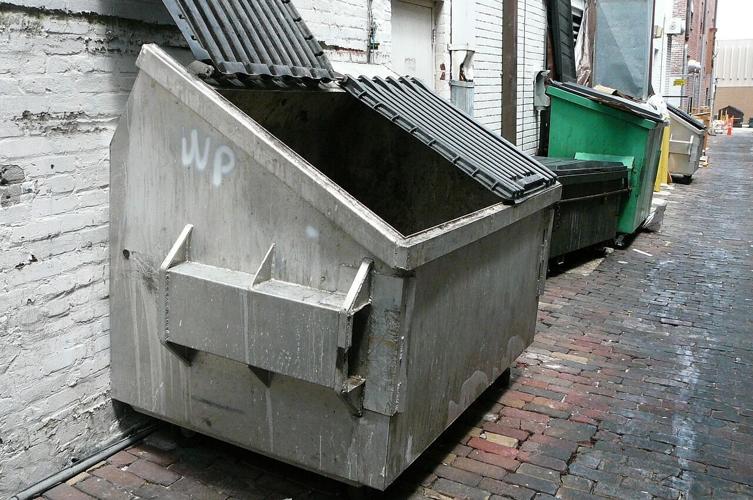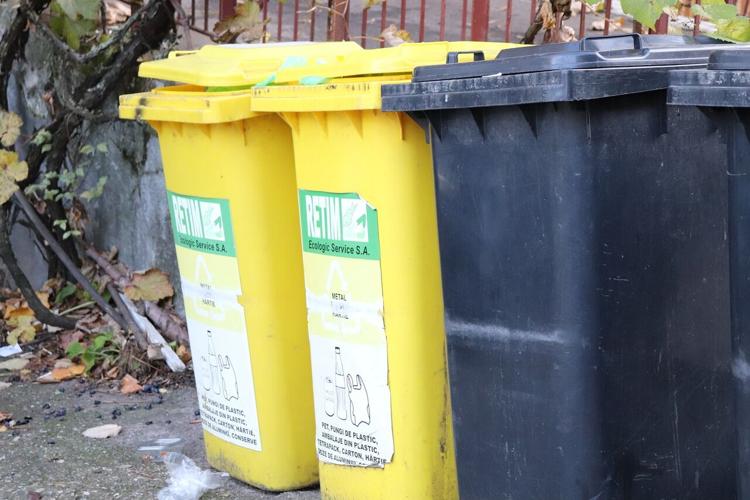
Large junk items can be a considerable headache when decluttering and managing your living space. Whether it's old furniture, appliances, electronics, or other bulky items, knowing how to dispose of them efficiently can make a significant difference in reclaiming your space and reducing your environmental impact. This comprehensive guide will explore strategies for clearing large junk items, focusing on responsible disposal, recycling, donation, and repurposing.
Assessing the Situation
Before you dive into clearing out your large junk items, taking a step back and assessing the situation is essential. Examine the condition of the items you want to get rid of. Are they still usable, or are they in a state of disrepair? This assessment will help you determine whether recycling, repurposing, or disposing of the items is the best option. Check your local regulations and guidelines for disposing of large items. According to reputable providers of residential dumpsters for Chattanooga, some municipalities have specific rules and schedules for bulk item pickups. In contrast, others require you to arrange removal or drop-off at designated locations. Consider whether your items could be of value to someone else. Large junk items often contain materials that can be recycled. Identify recycling facilities in your area that accept appliances, electronics, and furniture. Think creatively about how you might repurpose or upcycle your items. Sometimes, a little DIY effort can turn old items into something practical and stylish. If you are in New Jersey, you can also look for professional services for junk removal in Camden County to simplify the process in case of large-scale cleanouts.
Consider whether your items could be of value to someone else. Large junk items often contain materials that can be recycled. Identify recycling facilities in your area that accept appliances, electronics, and furniture. Think creatively about how you might repurpose or upcycle your items. Sometimes, a little DIY effort can turn old items into something practical and stylish.
Donation and Repurposing
One person's trash can be another's treasure. Many charitable organizations, such as Goodwill, the Salvation Army, and Habitat for Humanity, accept donations of oversized items in good condition. These organizations can provide your items to those in need or resell them to support their missions. Local shelters, nonprofit organizations, and community centers often welcome large items like furniture, appliances, and electronics donations. These items can help furnish homes for people in need or be used in various programs and services.
Contact local schools, community centers, or youth organizations. They might be interested in furniture, electronics, or appliances that can be used for educational purposes or in community spaces. Websites and apps like Freecycle, Craigslist, or Facebook Marketplace provide platforms for giving away or selling large items to local community members. Get creative by repurposing or upcycling large items. Old furniture can be transformed with a fresh coat of paint, new hardware, or reimagining its use. For example, a discarded wooden door can become a stylish headboard for your bed or a worn-out dresser can be upcycled into a unique bathroom vanity.
Recycling Large Junk Items
Recycling is an environmentally responsible way to dispose of large items while reducing waste. Here are some everyday large items that can be recycled and how to go about it:
Electronics: Electronic waste, or e-waste, is a significant concern due to the toxic materials it contains. Recycling old electronics is crucial. Many electronics retailers offer recycling programs where you can drop off items like computers, televisions, and printers. Some manufacturers also have take-back programs for their products.
Appliances: Appliances like refrigerators, washing machines, and stoves often contain recyclable materials like metal and plastic. Check with your local waste management or recycling center for guidance on properly disposing of these items. Some municipalities offer appliance pickup services or drop-off locations.
Mattresses: Mattresses are notoriously challenging to dispose of because they take up much landfill space. However, many mattress components, including steel springs and foam, can be recycled. Look for mattress recycling facilities or companies that offer pickup and recycling services.
Furniture: Some furniture items can be recycled, especially wood or metal. Contact local recycling centers or waste management companies to inquire about recycling options for furniture. Wooden furniture, in particular, can often be repurposed or transformed into new items.
Responsible Disposal
Responsible disposal is still essential for items that can't be recycled or repurposed. Contact your local government or waste management agency to inquire about their procedures for disposing of large items. Many cities offer bulk item pickup services on designated days or have drop-off locations for more oversized items. Landfills and transfer stations are designed to dispose of large and non-recyclable items. However, be mindful of landfill disposal fees and environmental concerns associated with waste disposal. Whenever possible, explore recycling or donation options first.
Consider hiring professional hauling services to remove large junk items. These services can efficiently transport your items to the appropriate disposal or recycling facilities. While this option is costly, it can save you time and effort. If you can transport your large items, consider using a trailer or rental truck to take them to a designated disposal site or recycling facility. Be sure to follow safety guidelines and secure your items properly during transport.
Safety Precautions
When clearing out large junk items, it's crucial to prioritize safety. Heavy items can lead to injuries if not lifted correctly. Use proper lifting techniques, ask for assistance when needed, and consider using moving equipment like dollies or sliders to minimize strain. Wear appropriate protective gear, such as gloves and safety glasses, when handling items with sharp edges or dust and debris. Before recycling or disposing of large items, check for hazardous materials like chemicals, paints, or batteries. These items often have specific disposal requirements due to their potential environmental impact. If you're transporting items to disposal or recycling facilities, ensure they are securely tied down or appropriately loaded to prevent accidents on the road.
Sustainability and Environmental Impact
Consider the environmental impact of your disposal choices. Whenever possible, choose recycling, repurposing, or responsible disposal to minimize the burden on landfills and reduce the carbon footprint associated with waste. Adopt the "reduce, reuse, recycle" mindset. Before considering disposal, evaluate if there are ways to reduce your waste, reuse items in a different capacity, or recycle them responsibly. Get creative with repurposing and upcycling. It's an eco-friendly way to give new life to old items and reduce the need for new, resource-intensive products. When purchasing new items to replace old ones, consider the packaging. Opt for products with minimal or eco-friendly packaging to reduce waste.

Clearing out large junk items doesn't have to be a daunting task. By assessing the condition of your items, considering donation and repurposing options, exploring recycling possibilities, and practicing responsible disposal, you can efficiently declutter your space while minimizing your environmental impact. Adopting a sustainable mindset by reducing, reusing, and recycling can contribute to a cleaner and more eco-conscious living space.



(0) comments
We welcome your comments
Log In
Post a comment as Guest
Keep it Clean. Please avoid obscene, vulgar, lewd, racist or sexually-oriented language.
PLEASE TURN OFF YOUR CAPS LOCK.
Don't Threaten. Threats of harming another person will not be tolerated.
Be Truthful. Don't knowingly lie about anyone or anything.
Be Nice. No racism, sexism or any sort of -ism that is degrading to another person.
Be Proactive. Use the 'Report' link on each comment to let us know of abusive posts.
Share with Us. We'd love to hear eyewitness accounts, the history behind an article.